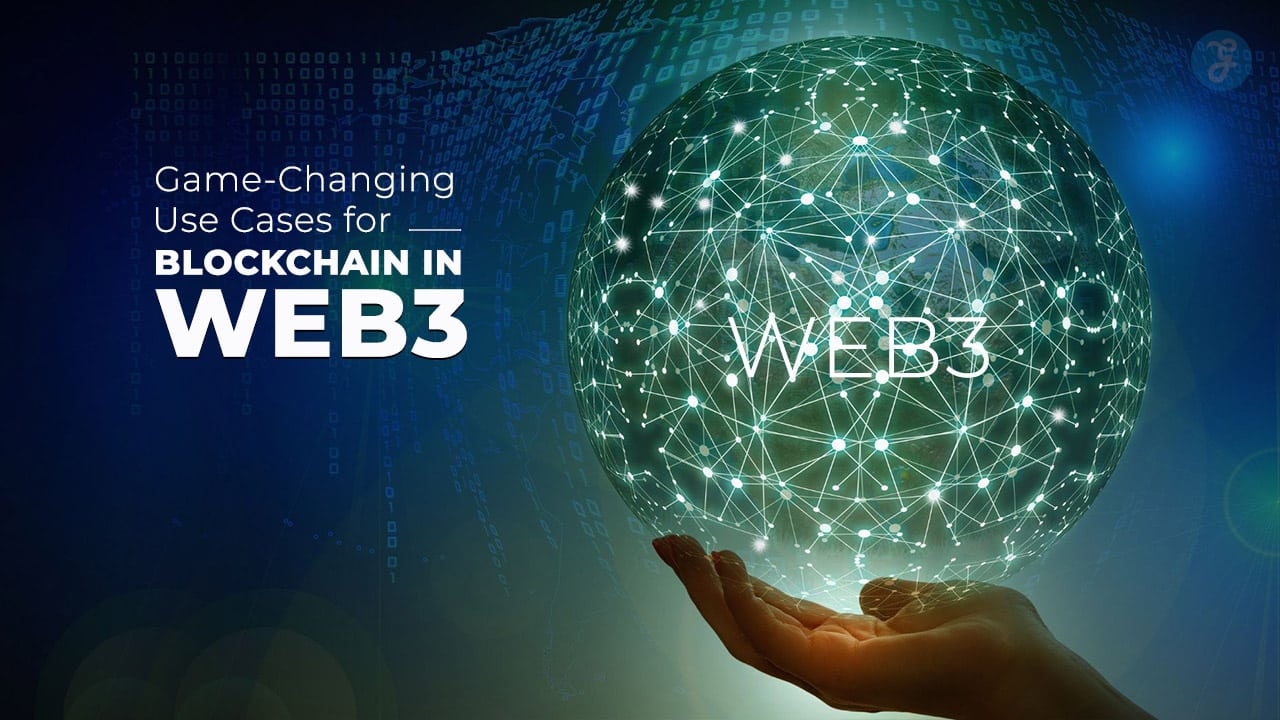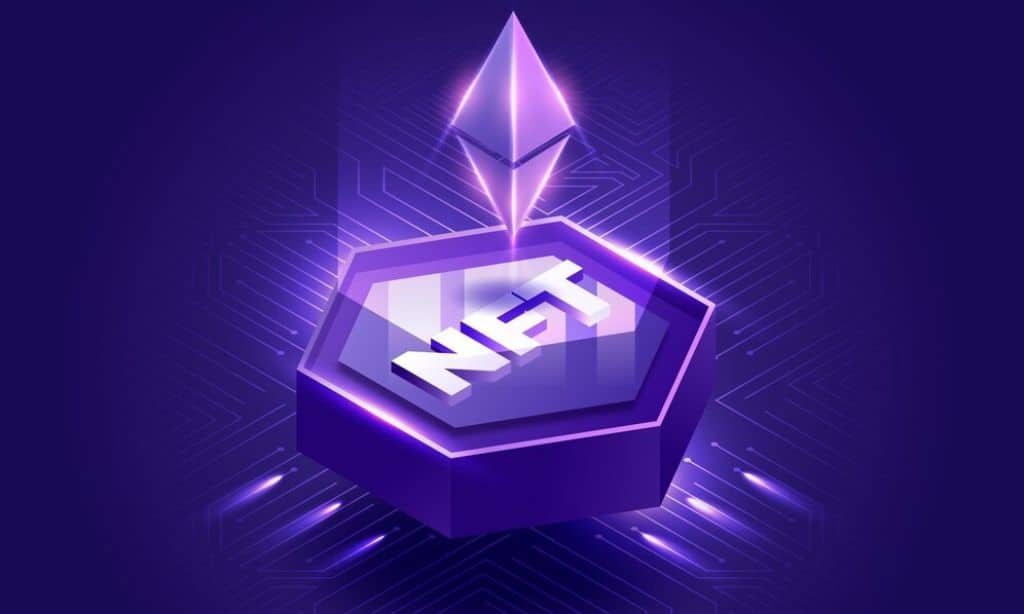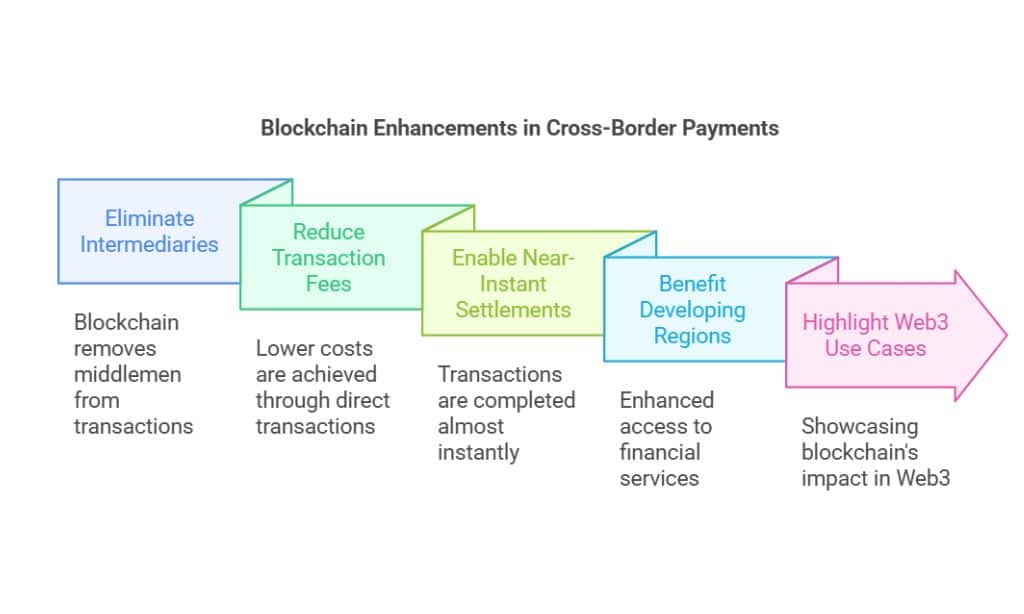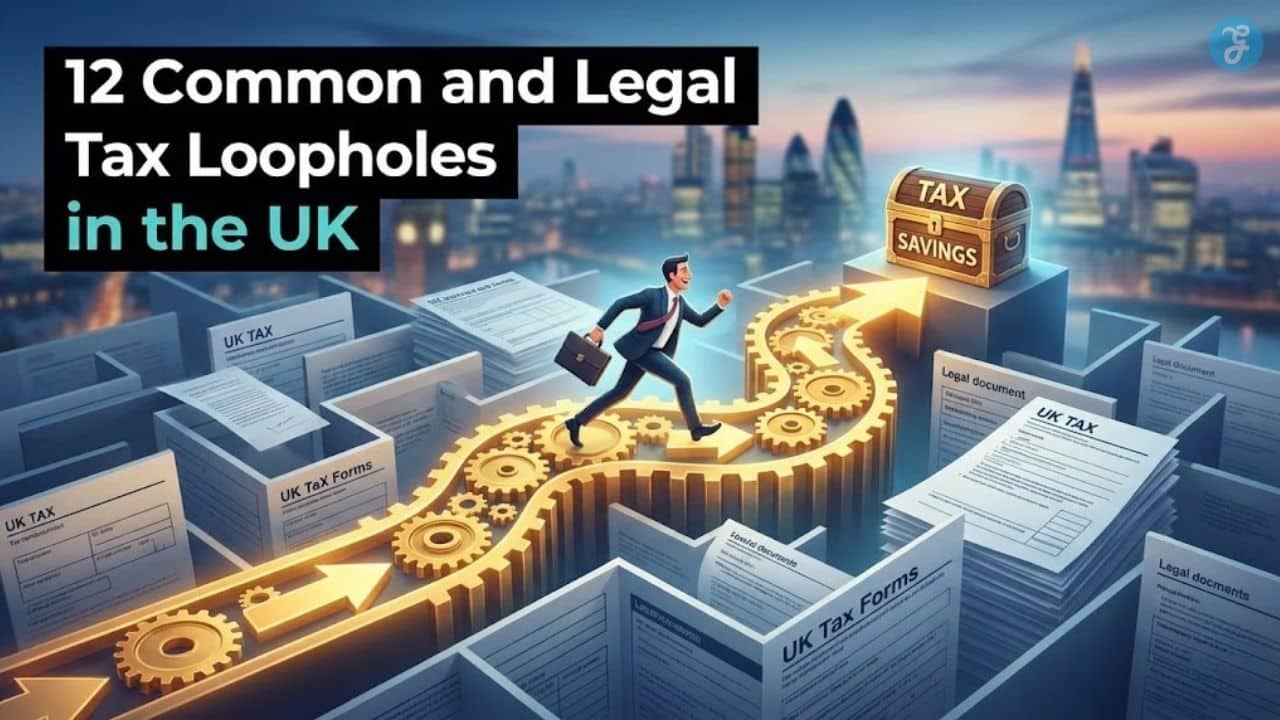Blockchain technology, a transformative innovation, has evolved far beyond its roots in cryptocurrency.
It serves as a cornerstone of Web3, a decentralized internet poised to redefine how we interact online.
By enabling transparency, security, and decentralization, blockchain is driving game-changing use cases for blockchain in Web3 that reshape industries and empower individuals globally.
In this article, we will explore 12 impactful ways blockchain technology is shaping Web3. Each use case showcases how this technology revolutionizes traditional systems, offering unparalleled efficiency, fairness, and trust.
12 Game-Changing Use Cases for Blockchain in Web3
Explore the transformative potential of blockchain technology in the Web3 ecosystem.
These use cases are redefining industries, enhancing security, and creating new opportunities in the decentralized web.
1. Decentralized Finance (DeFi)
Decentralized finance, or DeFi, represents one of the most prominent blockchain applications in Web3.
It is transforming how people interact with financial services, democratizing access to banking, and creating new economic opportunities.
Revolutionizing Financial Systems
DeFi enables peer-to-peer transactions and financial services like lending, borrowing, and trading using smart contracts.
These self-executing agreements remove the need for traditional intermediaries, reducing costs and enhancing transparency.
For example, DeFi platforms allow users to earn interest on crypto holdings or access instant loans without a credit check. This transformative approach is one of the game-changing use cases for blockchain in Web3.
Key Examples in DeFi
| Platform | Description |
| Uniswap | A decentralized exchange for token trading. |
| Aave | A lending platform offering flexible borrowing. |
2. Non-Fungible Tokens (NFTs)
NFTs have redefined digital ownership in Web3, creating a thriving market for unique, verifiable digital assets.
Redefining Digital Ownership
Blockchain ensures the authenticity and scarcity of NFTs, making them valuable for creators and collectors alike. Artists can monetize their work directly, while buyers gain verifiable ownership of digital assets.
NFTs also extend beyond art to gaming, fashion, and real estate, showcasing limitless potential. This surge of innovation highlights why NFTs are pivotal among game-changing use cases for blockchain in Web3.
Popular NFT Platforms
| Platform | Key Features |
| OpenSea | A leading marketplace for trading NFTs. |
| Variable | Enables users to mint, buy, and sell NFTs. |
3. Decentralized Autonomous Organizations (DAOs)
DAOs are blockchain-powered entities that democratize decision-making and governance, fostering collaboration.
A New Model for Governance
DAOs empower communities to manage resources collectively using token-based voting systems. Members can propose, vote on, and implement changes, ensuring transparency and accountability.
DAOs exemplify the shift towards user-centric governance models, solidifying their role as game-changing use cases for blockchain in Web3.
Examples of Successful DAOs
| DAO | Focus Area |
| MakerDAO | Stablecoin management and lending. |
| ConstitutionDAO | Community-driven funding initiatives. |
4. Supply Chain Management
Blockchain addresses inefficiencies and fraud in supply chain systems, ensuring transparency from production to delivery.
Enhancing Transparency and Traceability
Blockchain’s immutable ledger tracks goods at every stage, from origin to consumer. This ensures product authenticity and reduces the risks of counterfeit goods.
In industries like food and pharmaceuticals, blockchain ensures compliance and enhances trust. These features make supply chain optimization a standout among game-changing use cases for blockchain in Web3.
Use Case Examples
| Solution | Industry Focus |
| IBM Food Trust | Food supply chain traceability. |
| VeChain | Blockchain for tracking and logistics. |
5. Identity Verification
Digital identity verification is a critical use case for blockchain in Web3, improving security and user control over personal data.
Decentralized Digital Identities
Blockchain allows individuals to manage their identities without relying on centralized authorities.
This reduces the risks of data breaches and enhances privacy. Users can verify identities for services like banking, education, and healthcare securely and efficiently, showcasing how identity management is among the game-changing use cases for blockchain in Web3.
Examples of Blockchain ID Solutions
| Platform | Key Use Case |
| Civic | Decentralized identity verification. |
| Sovrin | Self-sovereign identity management. |
6. Gaming
Blockchain technology is transforming the gaming industry by introducing new economic models and enhancing user experiences.
Blockchain-Powered Game Economies
Gamers can own, trade, and monetize in-game assets through NFTs and cryptocurrencies. This fosters a player-driven economy and creates new revenue opportunities.
Blockchain also enhances transparency in transactions, ensuring fairness in gameplay and asset distribution. These advancements cement gaming as one of the game-changing use cases for blockchain in Web3.
Leading Blockchain Gaming Platforms
| Platform | Key Features |
| Axie Infinity | Combines gaming and earning opportunities. |
| The Sandbox | Virtual world for creating and trading assets. |
7. Cross-Border Payments
Blockchain simplifies international transactions, making them faster and more cost-effective.
Faster, Cheaper International Transactions
By eliminating intermediaries, blockchain reduces transaction fees and enables near-instant settlement times.
Cross-border payments are particularly valuable for businesses and individuals in developing regions where traditional banking is costly or inaccessible.
This efficiency is a hallmark of the game-changing use cases for blockchain in Web3.
Blockchain Platforms in Payments
| Platform | Focus Area |
| Ripple | Secure, real-time global payments. |
| Stellar | Low-cost cross-border transactions. |
8. Healthcare
The healthcare industry benefits significantly from blockchain’s ability to secure and streamline data.
Revolutionizing Data Sharing and Security
Blockchain ensures tamper-proof patient records and simplifies data sharing between providers. This improves accuracy, reduces duplication, and enhances patient care.
For example, patients can authorize access to their health records, ensuring privacy and control. These features position healthcare as one of the game-changing use cases for blockchain in Web3.
Real-World Applications
| Platform | Key Use Case |
| MedicalChain | Securing medical data sharing. |
| Chronicled | Supply chain solutions for healthcare. |
9. Energy Sector
Blockchain facilitates innovations in energy trading and carbon credit tracking, fostering sustainable energy practices.
Blockchain for Renewable Energy Trading
Peer-to-peer energy trading platforms enable consumers to buy and sell renewable energy directly.
Blockchain also ensures transparency in carbon credit tracking, incentivizing sustainable practices and reducing carbon footprints. These innovations highlight the energy sector as a key example of game-changing use cases for blockchain in Web3.
Innovative Solutions
| Solution | Focus Area |
| Power Ledger | Renewable energy trading. |
| Grid+ | Cost reduction through blockchain. |
10. Real Estate
Blockchain simplifies property transactions and improves transparency in real estate markets.
Transforming Property Transactions
Smart contracts automate processes like buying, selling, and leasing properties. This reduces paperwork and eliminates fraud.
Blockchain also enables fractional ownership, allowing individuals to invest in real estate with minimal capital. These transformative capabilities make real estate a standout among game-changing use cases for blockchain in Web3.
Blockchain Platforms in Real Estate
| Platform | Key Feature |
| Property | Secure property transactions. |
| RealT | Fractional ownership of real estate assets. |
11. Voting Systems
Blockchain enhances the integrity of electoral processes by providing secure and transparent voting mechanisms.
Building Transparent Elections
Immutable blockchain records reduce the risk of election fraud and ensure accurate vote counts.
Additionally, it enables remote and accessible voting, increasing voter participation while maintaining security. This positions voting systems as one of the game-changing use cases for blockchain in Web3.
Examples of Blockchain Voting Systems
| Platform | Use Case |
| Voatz | Mobile voting with blockchain security. |
| Horizon State | Transparent blockchain-based voting. |
12. Content Creation and Distribution
Blockchain empowers creators by providing fair monetization models and protecting intellectual property.
Fair Monetization Models
By eliminating intermediaries, creators retain more revenue and gain direct access to their audiences. Blockchain ensures content authenticity and copyright protection, fostering trust between creators and consumers.
This solidifies content creation and distribution as one of the game-changing use cases for blockchain in Web3.
Content Platforms Using Blockchain
| Platform | Focus Area |
| Audius | Decentralized music streaming. |
| Mirror | Blockchain-based publishing and monetization. |
Takeaways
Blockchain’s versatility and transparency make it a fundamental pillar of Web3. From DeFi and NFTs to supply chain management and healthcare, its applications are reshaping industries and empowering individuals.
By leveraging blockchain’s capabilities, we can build a decentralized future that prioritizes efficiency, fairness, and trust.
As we embrace these game-changing use cases for blockchain in Web3, we encourage you to explore these innovations and join the movement shaping the internet’s next chapter.






































